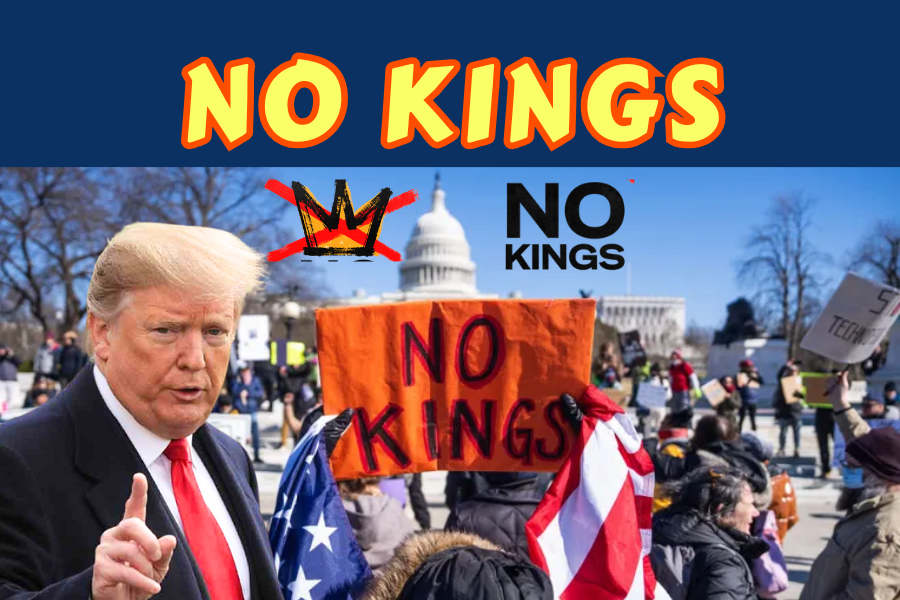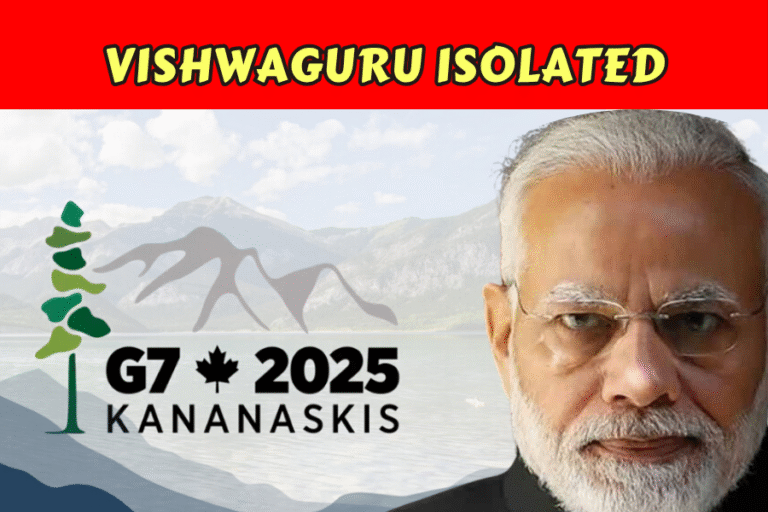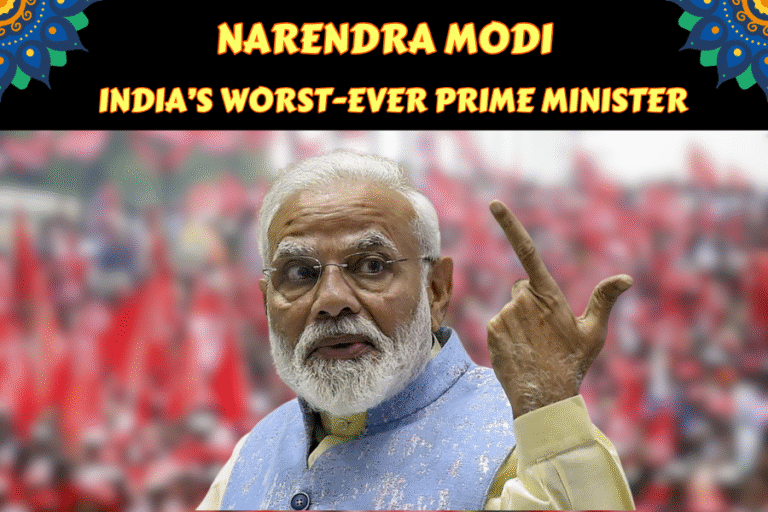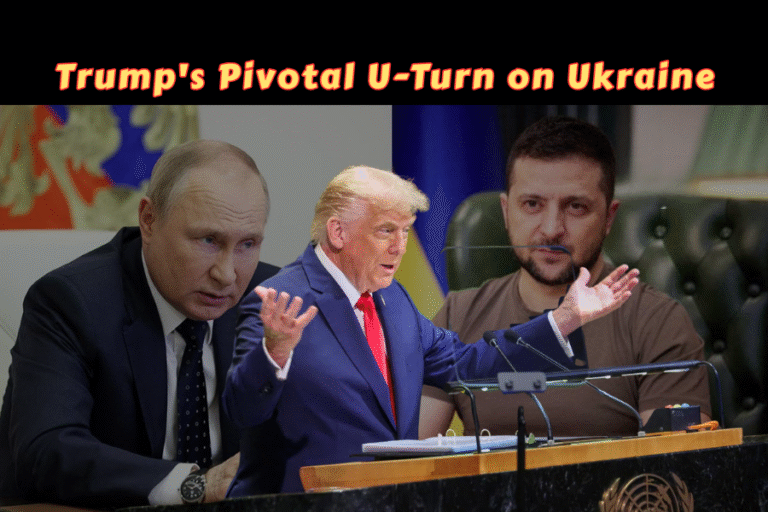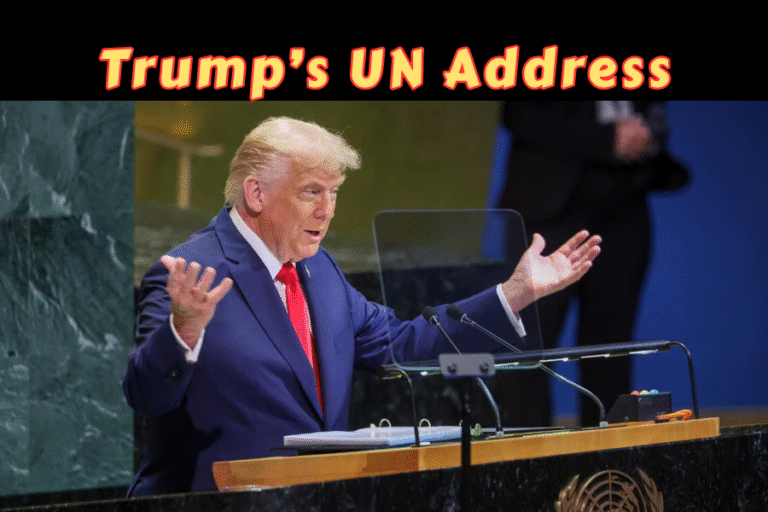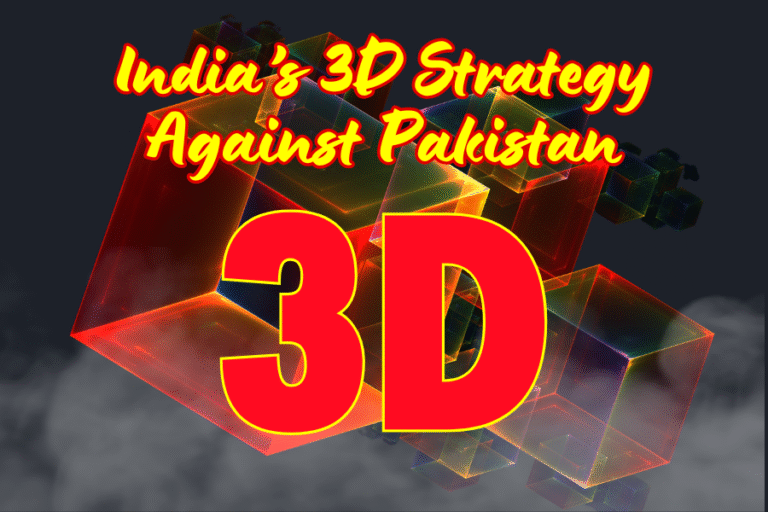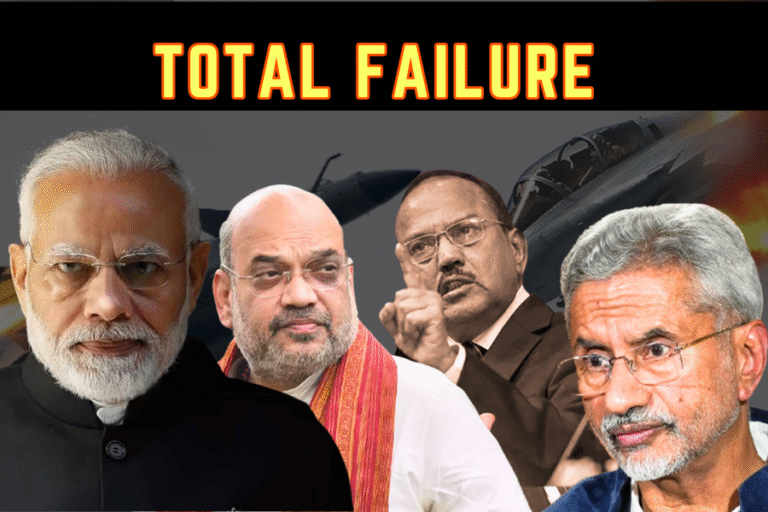(By Khalid Masood)
In the summer of 2025, the United States, long a beacon of democratic ideals, finds itself at a crossroads, roiled by a grassroots movement dubbed “No Kings.” On June 14, millions gathered at 2,000 sites nationwide, their voices rising in defiance of what they perceive as an imperial presidency, emboldened by a Supreme Court ruling and a resurgent Donald Trump. Coinciding with Trump’s military parade and birthday, these protests signal a nation grappling with its democratic soul, fractured by polarization and haunted by the specter of unchecked power. The “No Kings” campaign is both a cautionary tale and a potential pivot in global order. Its roots, trajectory, and implications demand scrutiny, for they echo far beyond America’s shores, touching the delicate balance of power in South Asia and beyond.
The Genesis: A Nation Divided
The “No Kings” campaign, spearheaded by groups like Public Citizen and Indivisible, emerged from the ashes of a seismic Supreme Court decision on July 1, 2024: Trump v. United States. This ruling granted presidents broad immunity from criminal prosecution for “official acts,” a move Justice Sonia Sotomayor decried as endowing “king-like powers.” Critics argue it dismantles America’s checks and balances, enabling a president to wield unchecked authority—ordering assassinations, coups, or pardons for bribes without legal recourse. The decision, rooted in the unitary executive theory, dovetailed with Project 2025, a Heritage Foundation blueprint for Trump’s second term, advocating a centralized bureaucracy under presidential control. These developments, coupled with Trump’s 2024 electoral victory, ignited fears of autocracy, galvanizing activists to demand a constitutional amendment to overturn the ruling.
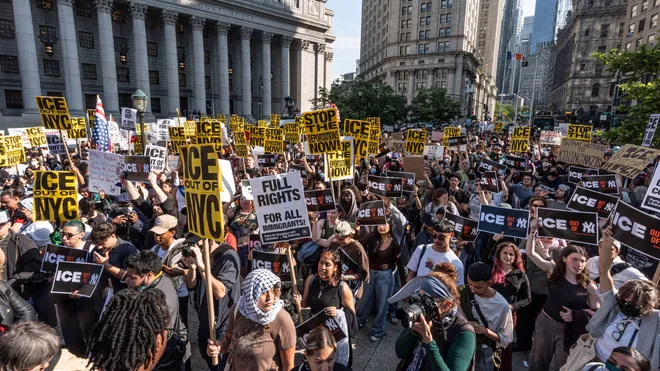
The campaign’s spark was lit by Trump’s early actions in 2025. On his first day, he signed executive orders restoring merit-based federal hiring while aligning with Project 2025’s vision of a loyalist bureaucracy. His deployment of National Guard and Marines to quell Los Angeles protests against deportations—labeled “very big force” by Trump—fueled outrage, drawing parallels to authoritarian crackdowns. By June, the “No Kings” movement had swelled, with 100,000 registering for protests and 18,000 joining ACLU-led “know your rights” trainings. Organizers, wary of Trump’s narrative, avoided Washington, D.C., staging a flagship march in Philadelphia to underscore grassroots power. This defiance, born of America’s revolutionary ethos, reflects a nation polarized by distrust, with 56% questioning U.S. global leadership and 30% of Democrats criticizing excessive aid to allies like Israel.
Recent Developments: A Movement Gains Momentum
The “No Kings” protests on June 14, 2025, marked a crescendo, dwarfing April’s “Hands Off” rallies. Despite Trump’s threats, softened by his press secretary’s nod to “peaceful protests,” the demonstrations were largely peaceful, bolstered by community networks forged in prior crises. Organizers like Ezra Levin of Indivisible framed the protests as a “catalytic event,” pulling new voices into the resistance. Yet, the movement faces hurdles: Trump’s dismissal of feeling “like a king” and his administration’s focus on economic growth—through tax cuts, deregulation, and fossil fuel expansion—retains a loyal base, with Republicans gaining across demographics in 2024. The campaign’s call for a constitutional amendment, requiring two-thirds of Congress and 38 states, is a Sisyphean task, given America’s divided polity.
Concurrently, Project 2025’s influence grows, with Trump nominating its authors to key posts. Its proposals—expanding nuclear arsenals, rejecting climate mitigation, and deploying the military domestically under the Insurrection Act—signal a hawkish, inward-looking America. The Bulletin of the Atomic Scientists warns of a “new global nuclear arms race,” while Freedom House notes a 13-year democratic decline, with the U.S. falling 11 points on its Freedom Index. These trends, amplified by Trump’s rhetoric against a “corrupt establishment,” deepen the “No Kings” resolve but also entrench his supporters, who see him as a bulwark against elites. The movement, thus, navigates a tightrope, seeking to unify a fractured nation while facing a resilient adversary.

Future Implications: A Shifting Global Order
The “No Kings” campaign’s trajectory hinges on America’s political will. If it sustains momentum, it could pressure Congress to pursue an amendment, though historical precedent—Public Citizen’s 15-year fight against Citizens United—suggests a decades-long struggle. Short-term gains may include state-level democratic reforms or a reinvigorated civil society, as seen in 800 cities endorsing anti-Citizens United measures. However, failure risks cementing an imperial presidency, with Trump or successors wielding unchecked power, eroding institutions like the DOJ and FBI. Internationally, a less democratic U.S. could embolden autocrats, from Russia’s Putin to Turkey’s Erdogan, while weakening alliances like NATO, already strained by Trump’s skepticism. The campaign’s success or failure will shape whether America remains a democratic exemplar or a cautionary tale.
For the rest of the world, the implications are twofold. A successful “No Kings” movement could inspire global democratic renewal, encouraging movements in Poland, Brazil, or Myanmar to resist authoritarianism. It may also prompt a U.S. foreign policy pivot, prioritizing human rights over strategic expediency, as seen in Biden’s Ukraine support. Conversely, failure could destabilize the rules-based order, with a U.S. retreat from climate accords and trade agreements fostering a multipolar world dominated by China and Russia. Economically, Trump’s tariff-heavy policies risk inflation, disrupting global markets, while his fossil fuel push undermines Paris Agreement goals. For developing nations, reduced U.S. aid—already questioned by 57% of Americans—could exacerbate crises, from Gaza’s reconstruction to Africa’s health inequities.

Pros and Cons for the Global South and Pakistan
For the Rest of the World
Pros:
- A triumphant “No Kings” campaign could reinvigorate global democratic norms, empowering civil society in nations like India, where polarization mirrors America’s, or South Africa, grappling with governance challenges.
- Reduced U.S. interventionism under a restrained presidency might allow regional powers to assert autonomy, fostering local solutions in conflicts like Yemen or Syria.
- Economic self-sufficiency policies, if moderated, could spur global trade diversification, benefiting emerging markets like Vietnam or Nigeria.
Cons:
- A failed campaign risks a U.S. lurch toward autocracy, legitimizing strongmen globally and weakening multilateral bodies like the UN, crucial for small states.
- Trump’s nuclear buildup and rejection of arms control treaties could escalate tensions, threatening non-nuclear states in Asia and the Middle East.
- Economic disruptions from U.S. tariffs and inflation could harm export-driven economies like Bangladesh or Indonesia, deepening global inequality.
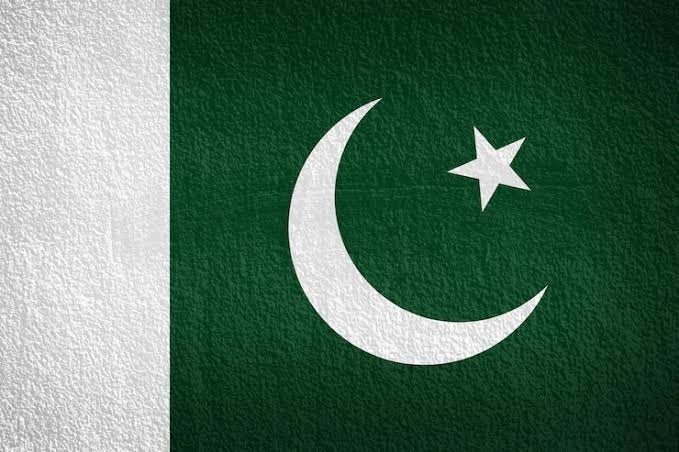
For Pakistan
Pros:
- A weakened U.S. presidency could reduce pressure on Pakistan’s foreign policy, allowing greater alignment with China, a strategic counterweight to India, as per Kautilya’s “circle of kings.” This aligns with Pakistan’s CPEC investments and regional ambitions.
- The “No Kings” focus on domestic reform might divert U.S. attention from South Asia, easing scrutiny on Pakistan’s counterterrorism efforts or IMF compliance, preserving its Major Non-NATO Ally status.
- A multipolar world, spurred by U.S. democratic decline, could enhance Pakistan’s diplomatic leverage, as seen in its role during the 2025 India-Pakistan ceasefire.
Cons:
- An autocratic U.S. could intensify demands on Pakistan, tying aid to stringent counterterrorism benchmarks, as proposed by the Atlantic Council, straining bilateral ties.
- Trump’s nuclear escalation, including new warheads and missile defences, heightens risks in South Asia, where Pakistan’s arsenal faces India’s growing capabilities, as seen in the May 2025 crisis.
- Economic fallout from U.S. policies—tariffs, reduced aid, or IMF leverage—could exacerbate Pakistan’s fiscal woes, with a $1 billion tranche already pending in May 2025, threatening stability.
A Pakistani Perspective: Sovereignty and Stability
From Islamabad’s vantage, the “No Kings” campaign is a mirror to Pakistan’s own struggles with democratic fragility, epitomized by the military’s sway and Imran Khan’s 2022 ouster. Yet, it also underscores a universal yearning for sovereignty against overreach, whether by domestic elites or foreign powers. Pakistan, scarred by U.S. drone strikes and IMF conditionalities, empathizes with America’s grassroots revolt but remains wary of its fallout. A democratic U.S. could stabilize South Asia, mediating India-Pakistan tensions as in May 2025, but an autocratic one risks inflaming regional rivalries, empowering India’s assertiveness or China’s dominance. Pakistan must tread deftly, bolstering ties with Beijing while engaging Washington, to safeguard its strategic autonomy.
The campaign’s success could inspire Pakistan’s civil society, battered by censorship and arrests, to demand accountability, echoing the PTI’s defiance. Yet, its failure warns of a world where might trumps right, imperiling small states like Pakistan, caught in great power games. As a nuclear-armed nation, Pakistan must advocate for global restraint, leveraging forums like the UN to counter U.S. nuclear ambitions. Economically, it must diversify trade, deepening ties with Turkey and Saudi Arabia to cushion U.S.-induced shocks. The “No Kings” saga, thus, is not America’s alone—it is a clarion call for nations like Pakistan to fortify their own ramparts against the tides of imperial ambition.

